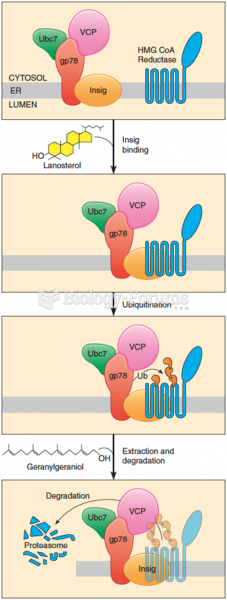|
|
|
Did you know?
Most childhood vaccines are 90–99% effective in preventing disease. Side effects are rarely serious.
Did you know?
The first documented use of surgical anesthesia in the United States was in Connecticut in 1844.
Did you know?
The average human gut is home to perhaps 500 to 1,000 different species of bacteria.
Did you know?
The lipid bilayer is made of phospholipids. They are arranged in a double layer because one of their ends is attracted to water while the other is repelled by water.
Did you know?
According to the FDA, adverse drug events harmed or killed approximately 1,200,000 people in the United States in the year 2015.
 In early industrialization, children worked alongside adults. They worked 12 hours a day Monday to ...
In early industrialization, children worked alongside adults. They worked 12 hours a day Monday to ...
 A resonance tube, called a Helmholtz resonator, is used on the intake duct between the air filter ...
A resonance tube, called a Helmholtz resonator, is used on the intake duct between the air filter ...





